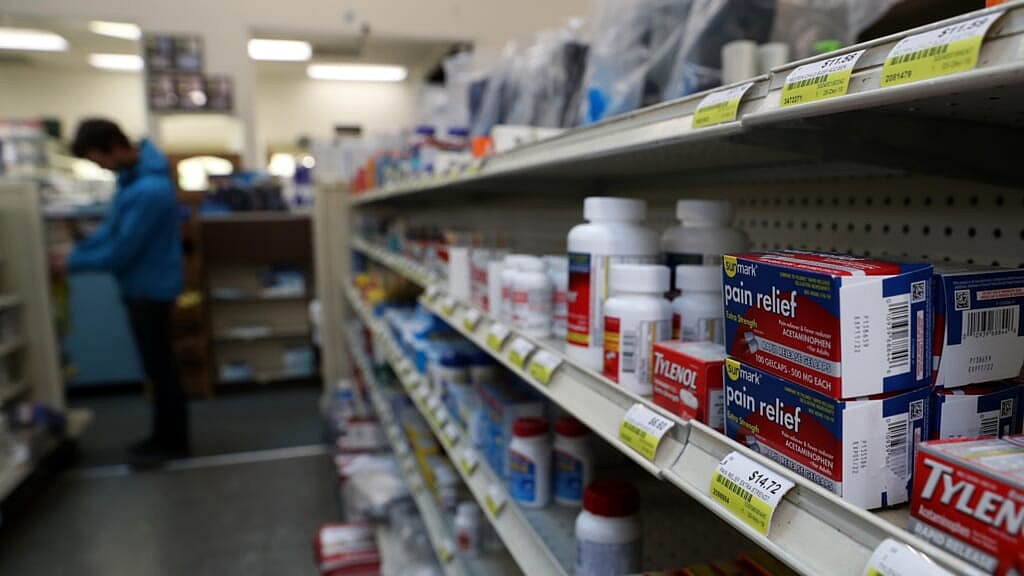The racial disparities that contributed to the disproportionate deaths of Black Americans from COVID-19 may also play a part in the uneven distribution of the vaccine to prevent it.
Community advocates in Black and brown lower-income communities are concerned about plans to distribute the vaccine via pharmacies and grocery stores. Many of these areas do not have either.

“If they’re going to roll out a vaccine and they’re going to roll it out to grocery stores and pharmacies, I see a problem,” Chicago native Rochelle Sykes told CNN. “Is it going to be free? That’s one question. And how are they (residents) going to get there to get it?”
Food deserts have long been documented in many urban centers, however, the phenomenon of pharmacy deserts is coming to light as a coronavirus vaccination rollout effort begins.
Read More: Experts believe vaccines will be effective against new variants of virus
“It’s going to be a mad scramble, particularly if this vaccine is seen as safe and effective,” said Rev. Marshall Elijah Hatch Sr. of New Mount Pilgrim Missionary Baptist Church, located on Chicago’s west side. “It’s very difficult to imagine that there’s going to be some kind of egalitarian distribution. We are going to have to fight.”
Chicago is only one city that will face that battle.
Read More: Jacob Blake to spend holidays with family in Illinois amid painful recovery
DrugTopics Journal, a website that studies the pharmaceutical market, wrote about pharmacy deserts in 2019, documenting how “The National Association of Chain Drug Stores notes that 92% of Americans live within five miles of a community pharmacy, but five miles can be an impassable barrier if transportation is difficult. Patients who could walk to a pharmacy now have to drive — if they can.”
The Pfizer-BioNTech and Moderna vaccines have been approved to be distributed through a partnership with the U.S. Department of Health and Human Services and major retail pharmacies like Rite Aid, Walgreens and CVS, as well as national chain grocery stores.
Read More: Ohio police chief recommends firing of cop who fatally shot Andre Hill
But these stores are few and far between in low-income urban centers.
This is fueled by systemic racism, which leads more elderly or infirm Black people on Medicaid which pays for prescriptions at a lower rate than other insurers.
Read More: Rev. Raphael Warnock pulls ahead of Kelly Loeffler in Georgia Senate poll
CVS spokesperson Mike DeAngelis told CNNthe national pharmaceutical retailer will work actively to eliminate barriers to distribution of the vaccine, which will reportedly roll out to all Americans at no cost.
“Underserved communities,” DeAngelis said, “will be an area of particular focus.”
Have you subscribed to theGrio’s “Dear Culture” podcast? Download our newest episodes now!
TheGrio is now on Apple TV, Amazon Fire and Roku. Download theGrio.com today!

